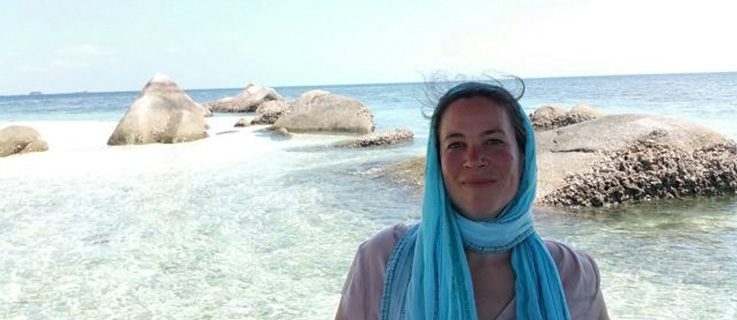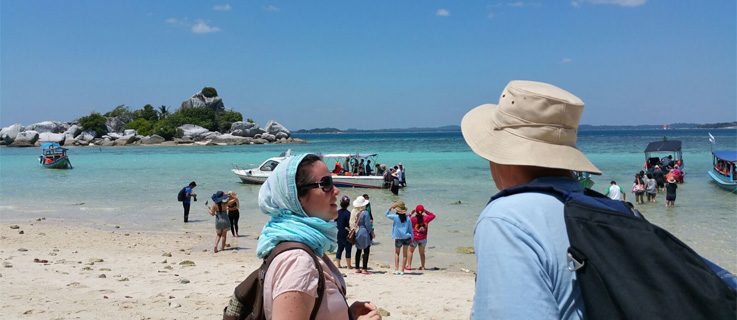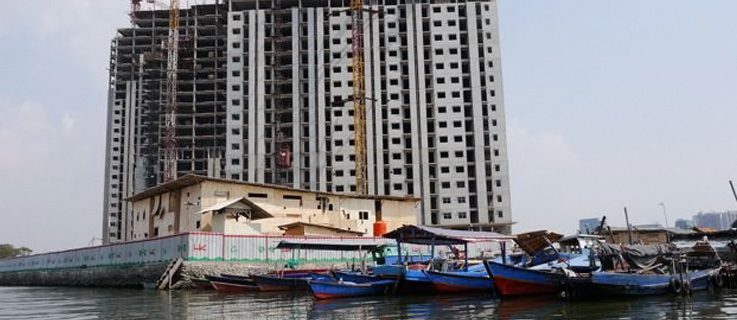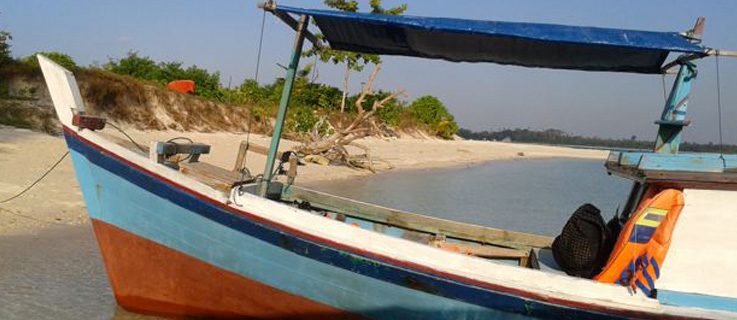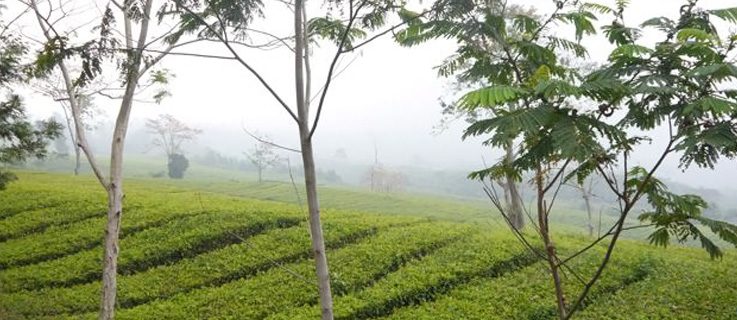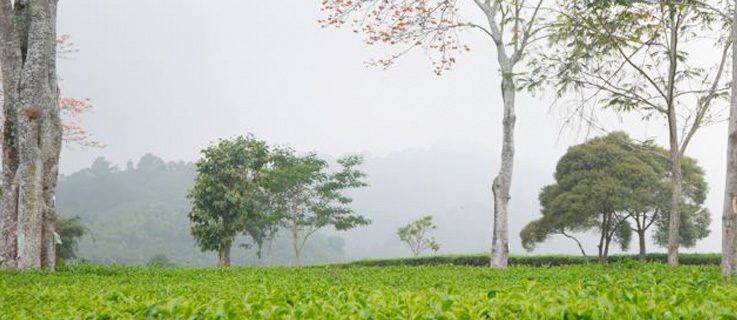German Season | Interview
Interview with Ulla Lenze
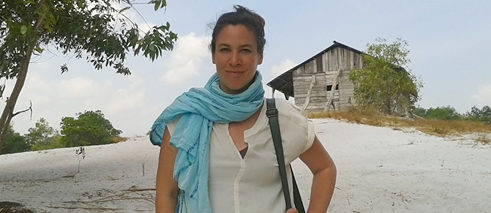
You had traveled around the world even before this Author-Residence program. What were your expectations regarding your Indonesia visit?
My journey to Indonesia was driven by a very strong interest to learn about the country. I had discussions with journalists in Berlin, who visited the country shortly, and I also talked to the publisher-couple Weidle, who recently published Leile S. Chudoris’ novel “Pulang”. I also read some novels prior to heading to Indonesia. This had aroused an interested of some specific themes, on Indonesia’s literary scene you could say, including the Andrea Hirata “phenomenon”, whose story (from poverty-stricken young worker to internationally-known author) was for him to embrace the national-hero status. Of course, I’m also interested, how and whether the topic “1965”, the mass-murder, has come to be received in light of the literary debate, which has taken place in the past few years. At the same time I was aware – it is this way everytime I travel – that it would be a challenge to identify what my role would likely be. I see myself as a traveler, a tourist, then again I would wear my official title as novel writer from Germany. What expectations would people have of me? This is never easy. I realize that it is only now, several weeks afterward, that I’m beginning to understand my experiences. During my travels I was just too overwhelmed with all the experiences.
Of all the experiences you had during your trip, which will become lasting memories?
I was greatly impressed by the Island of Sumatra, despite having spent only a couple of days there. I had read about the matrilineal Minangkabau-Culture. Yet I was skeptical, just how much of their tradition they would share with visitors. During our trip across the breathtakingly beautiful landscapes surrounding Bukittinggi, the image of the dominance of women came to our attention, the casualness that characterized these them, sitting there in front of their houses (and they were indeed “their” houses), and how delightfully easy it was, to talk with them. My two chaperons – young poets, students of English literature in Padang – also came from Minangkabau-families and served as first-level sources. Moreover, the amazingly patience in demonstrating friendliness that the people in Java had, left a lasting impression on me.
There are not as many opportunities to make a living as a writer in Indonesia. In Germany, one can generate income from, of course, book sales, but also by conducting public readings, from grants or literary prizes. This may also be one of the reasons why – I was told – that Indonesian writers forge different groups, that sometimes do not have good working relations with one another. This phenomenon appears to have been intensified through the invitation to the Frankfurt Book Fair. We hope that the international exposure will, in the long run, create a positive impact for all writers and on the diversity of their literature.
This interview was first published on the German Season/Ulla Lenze
